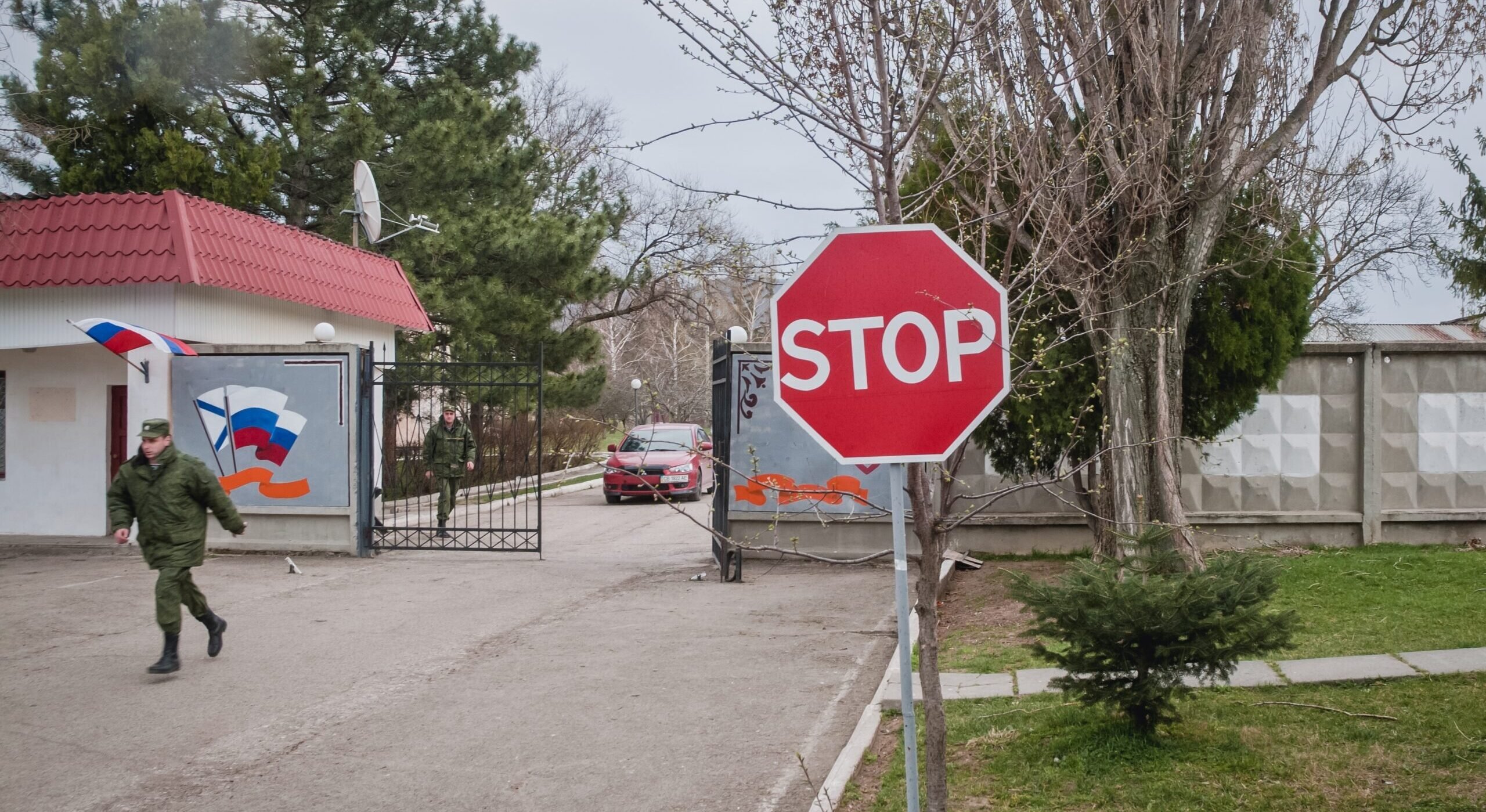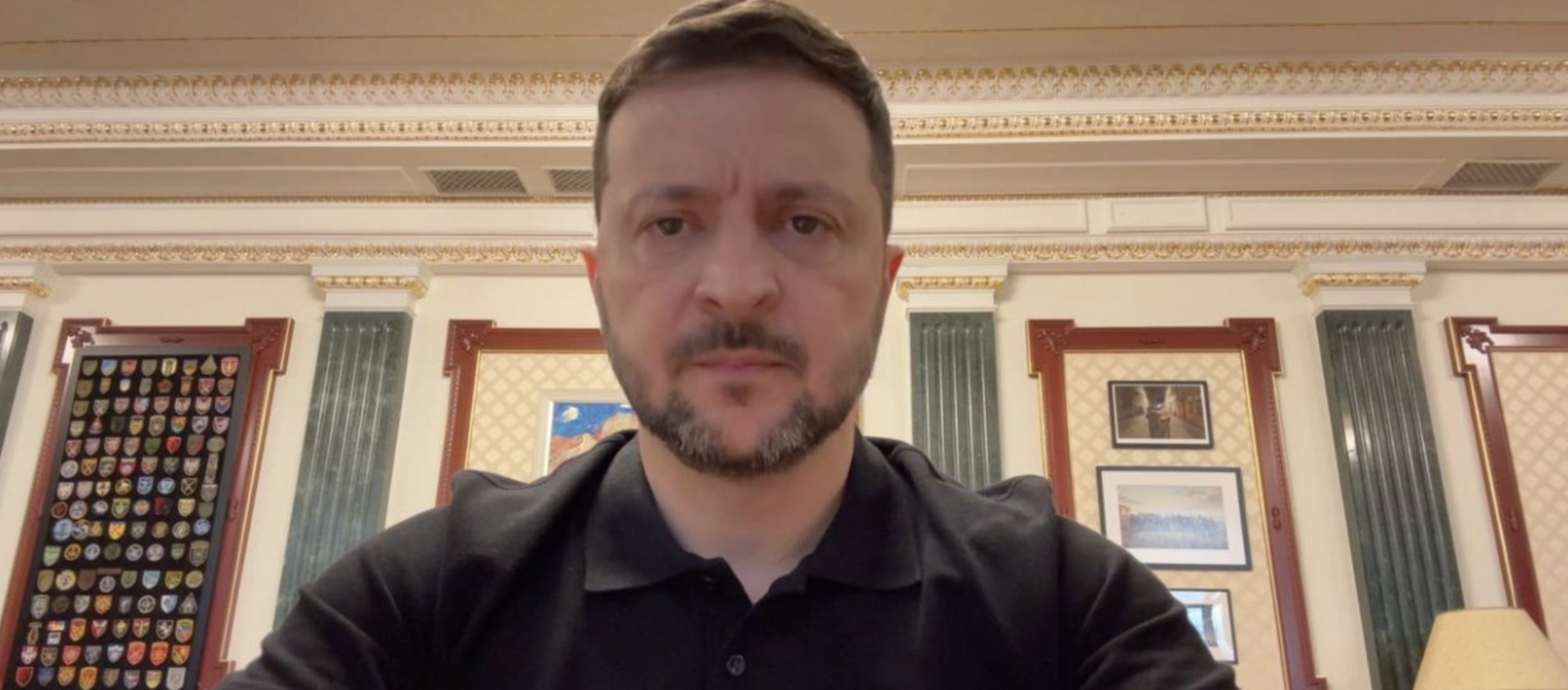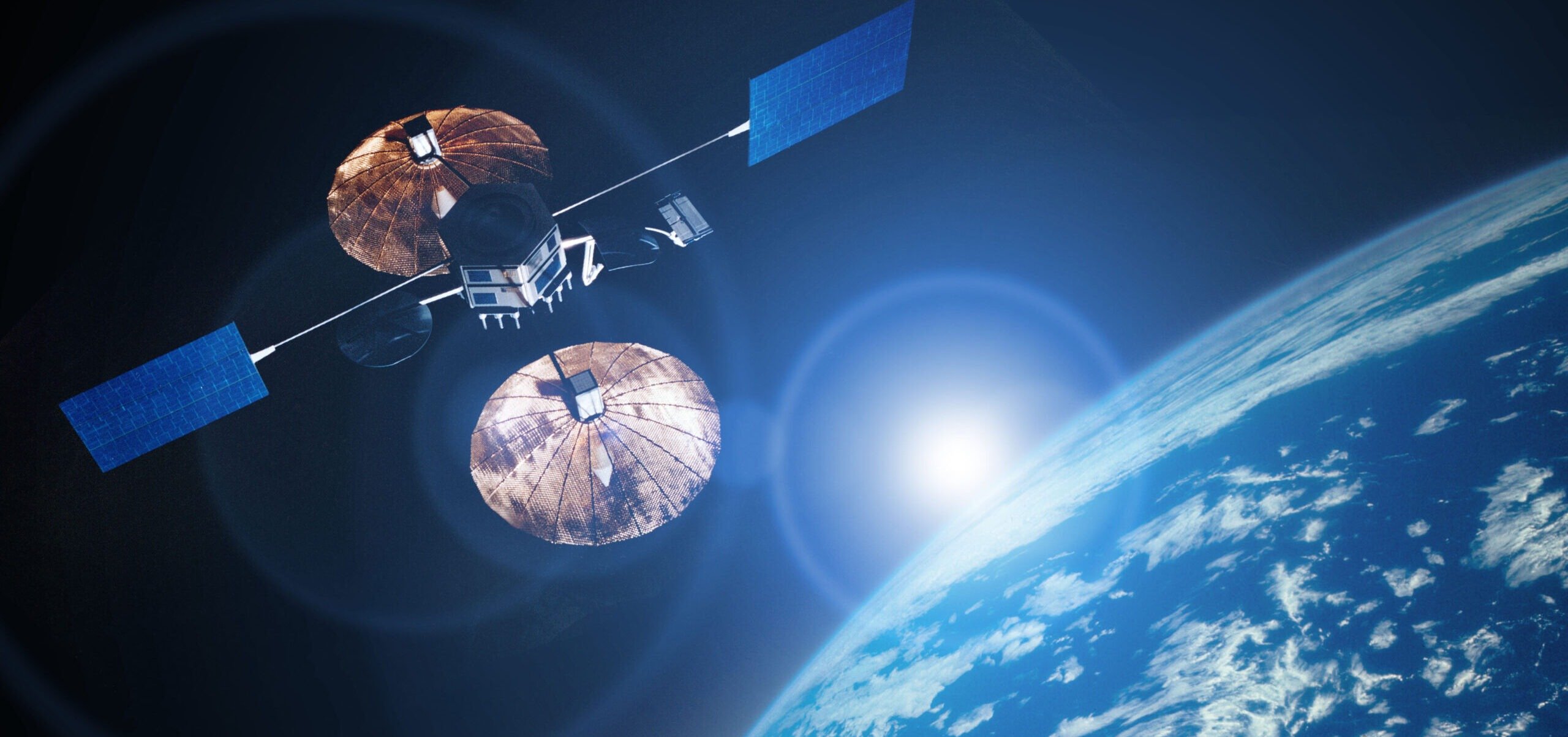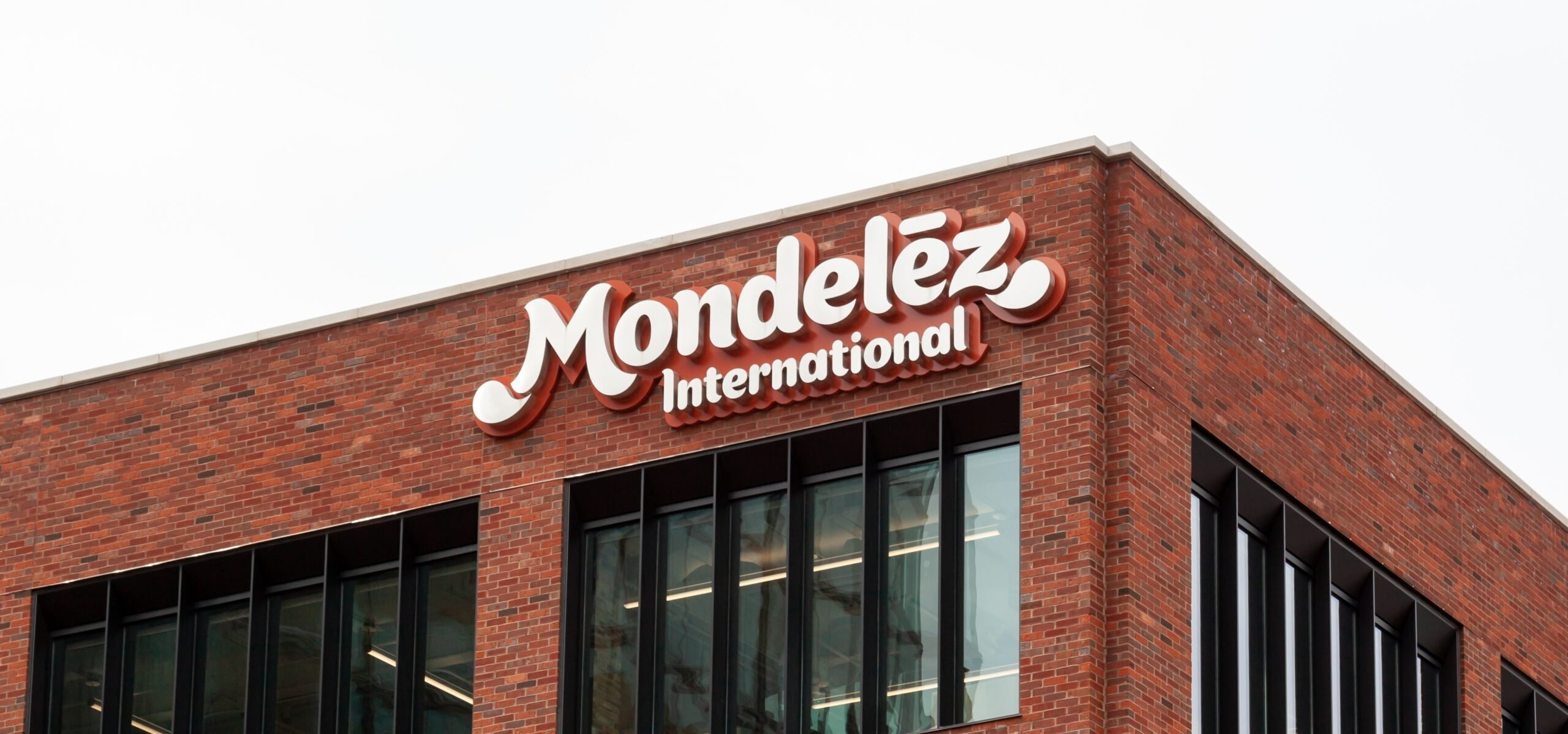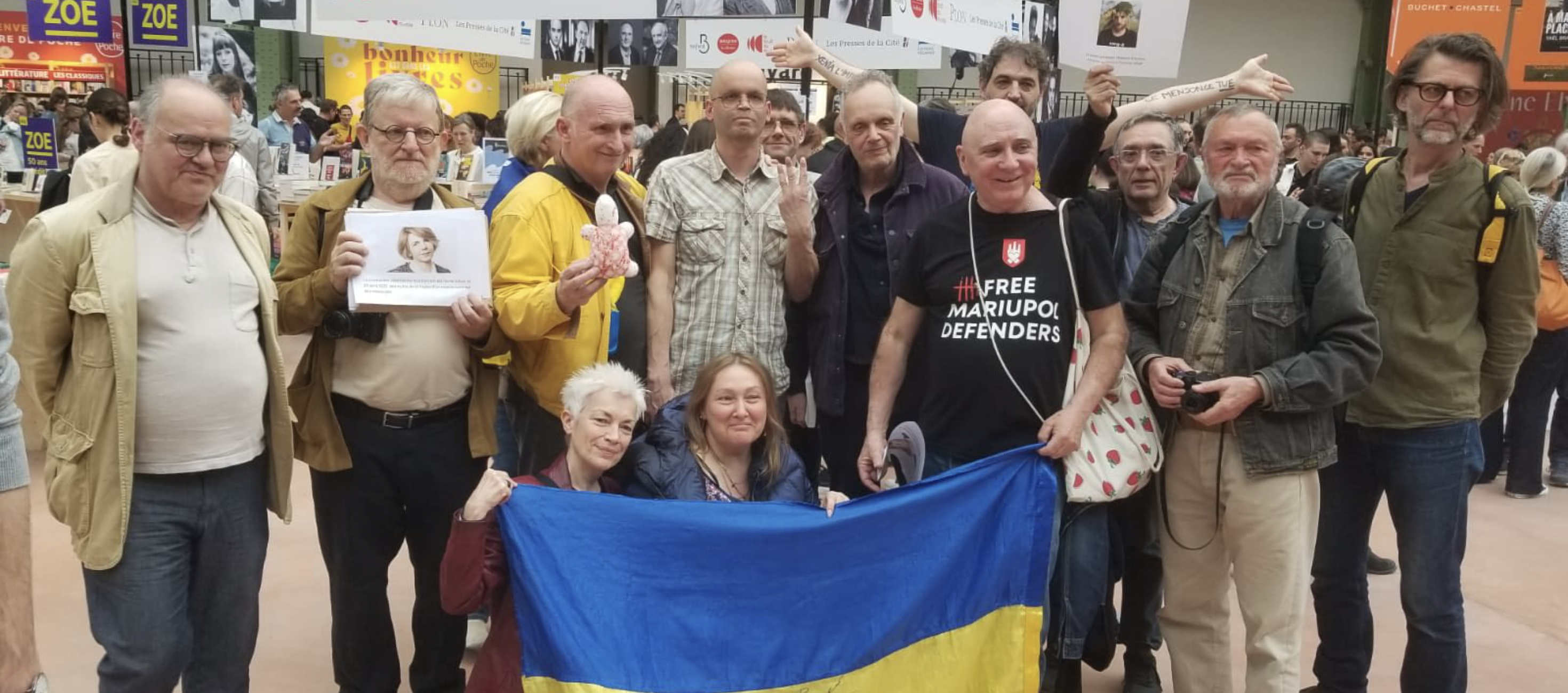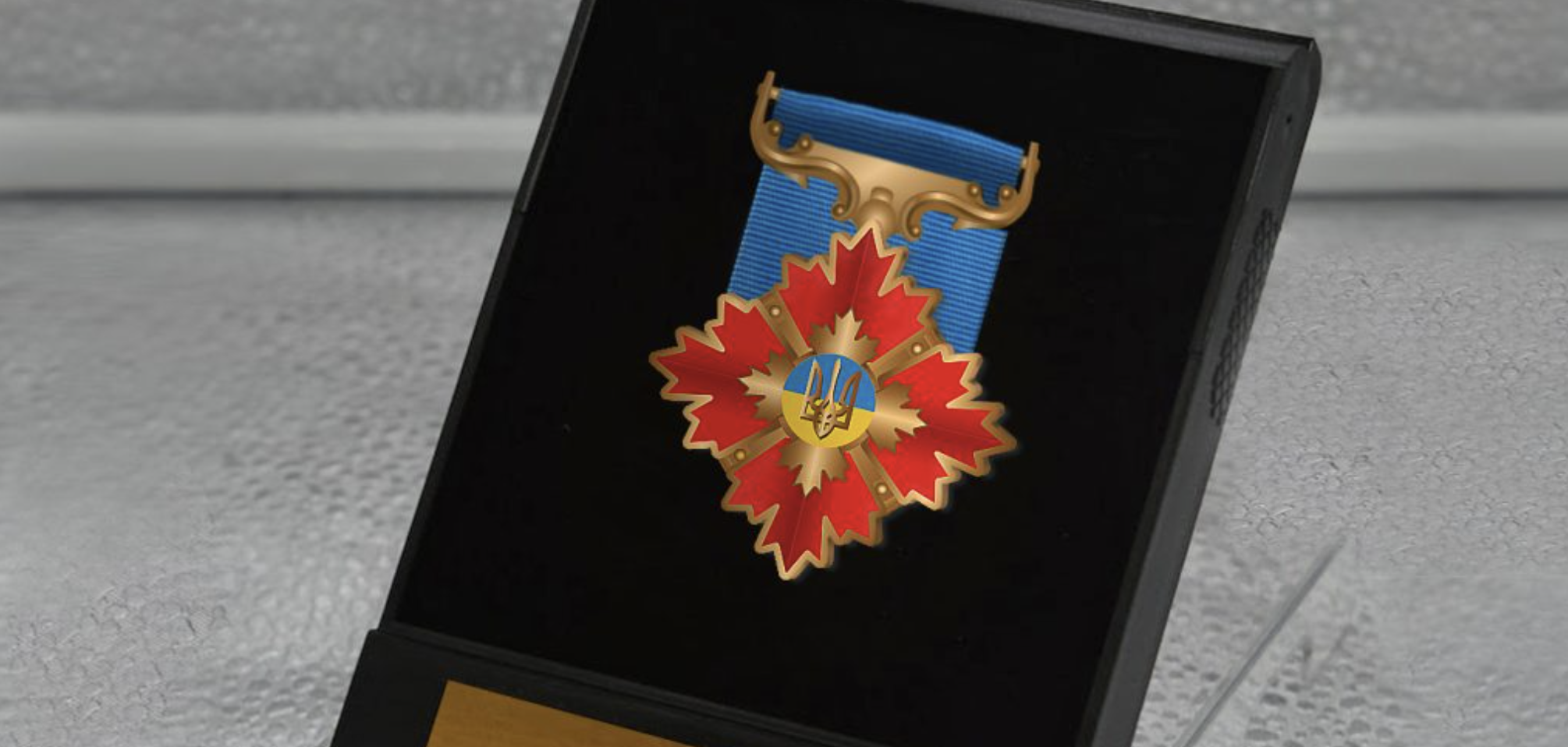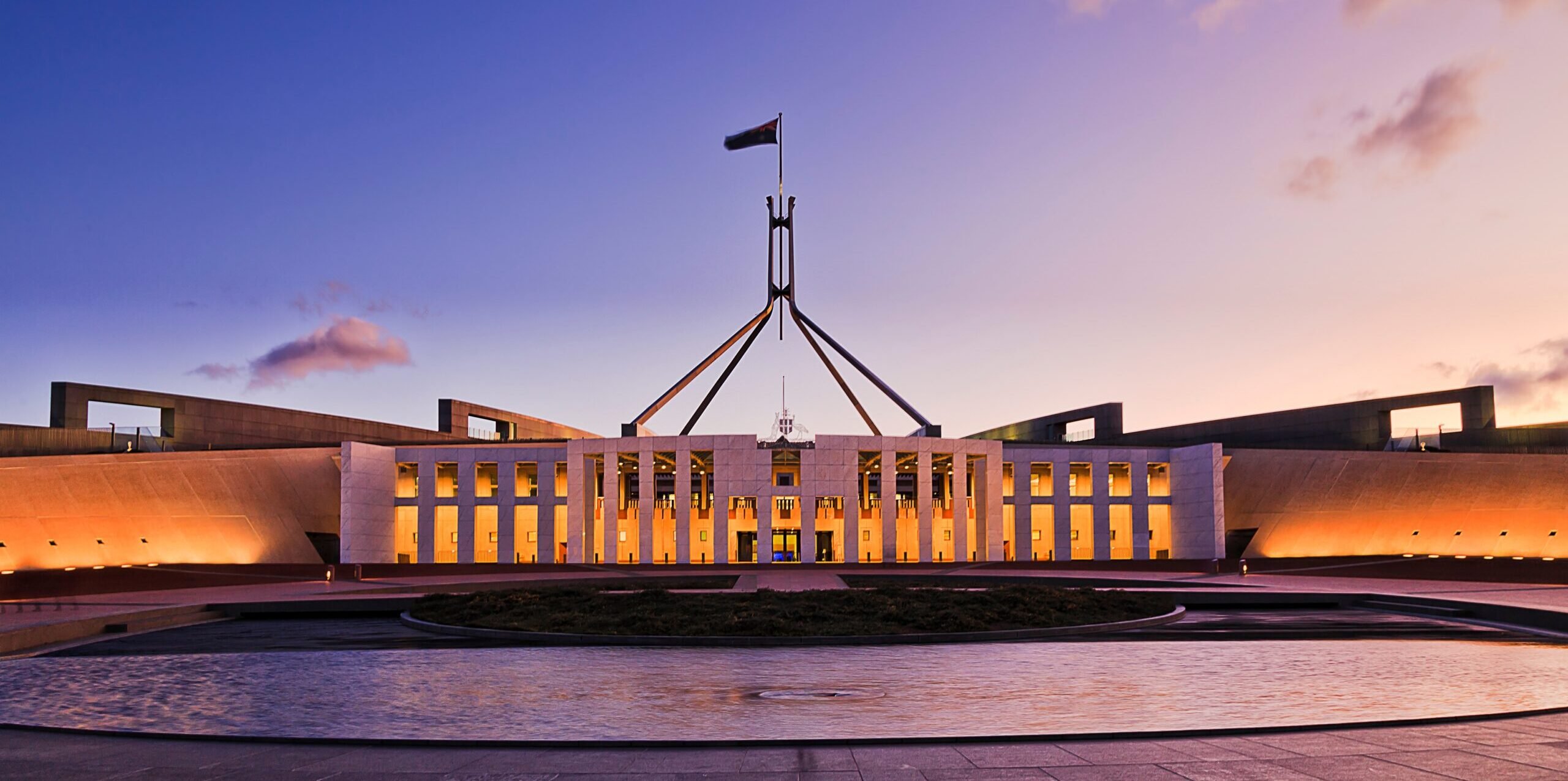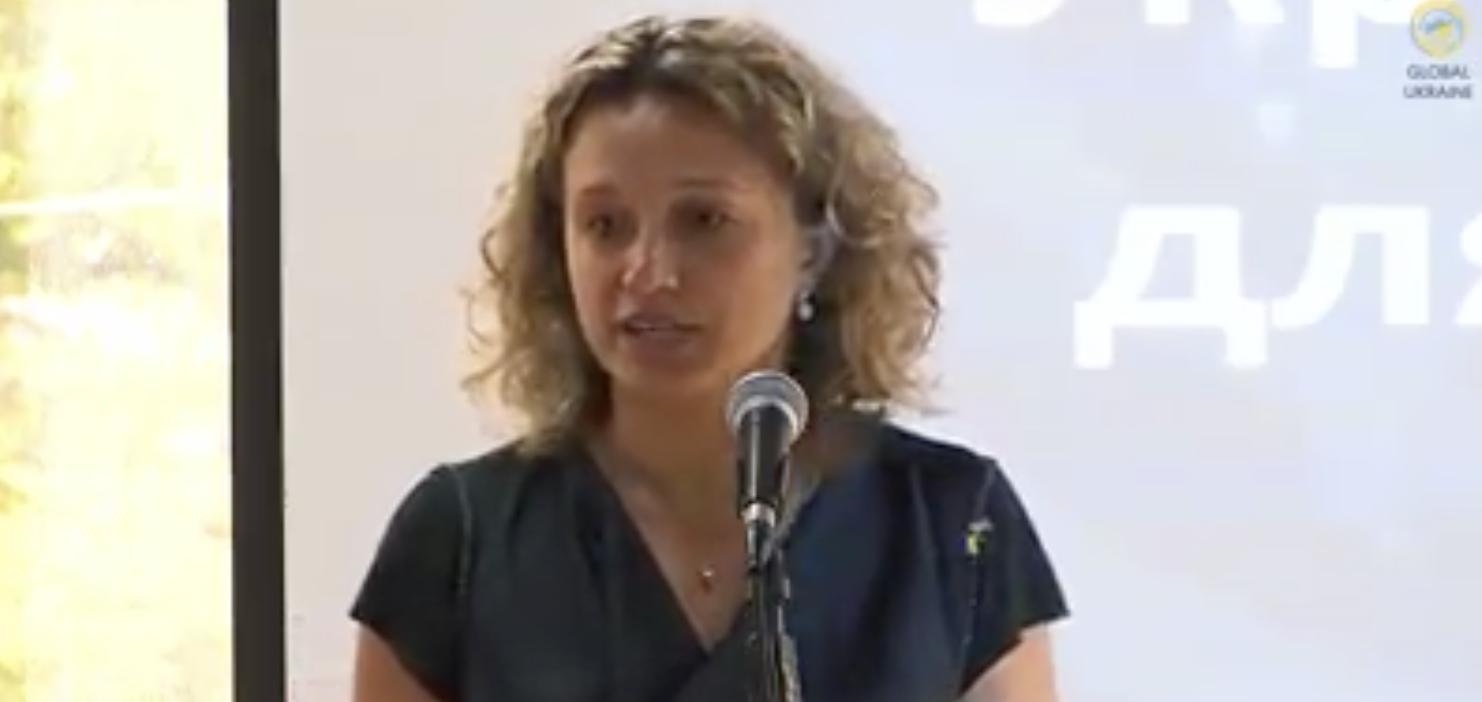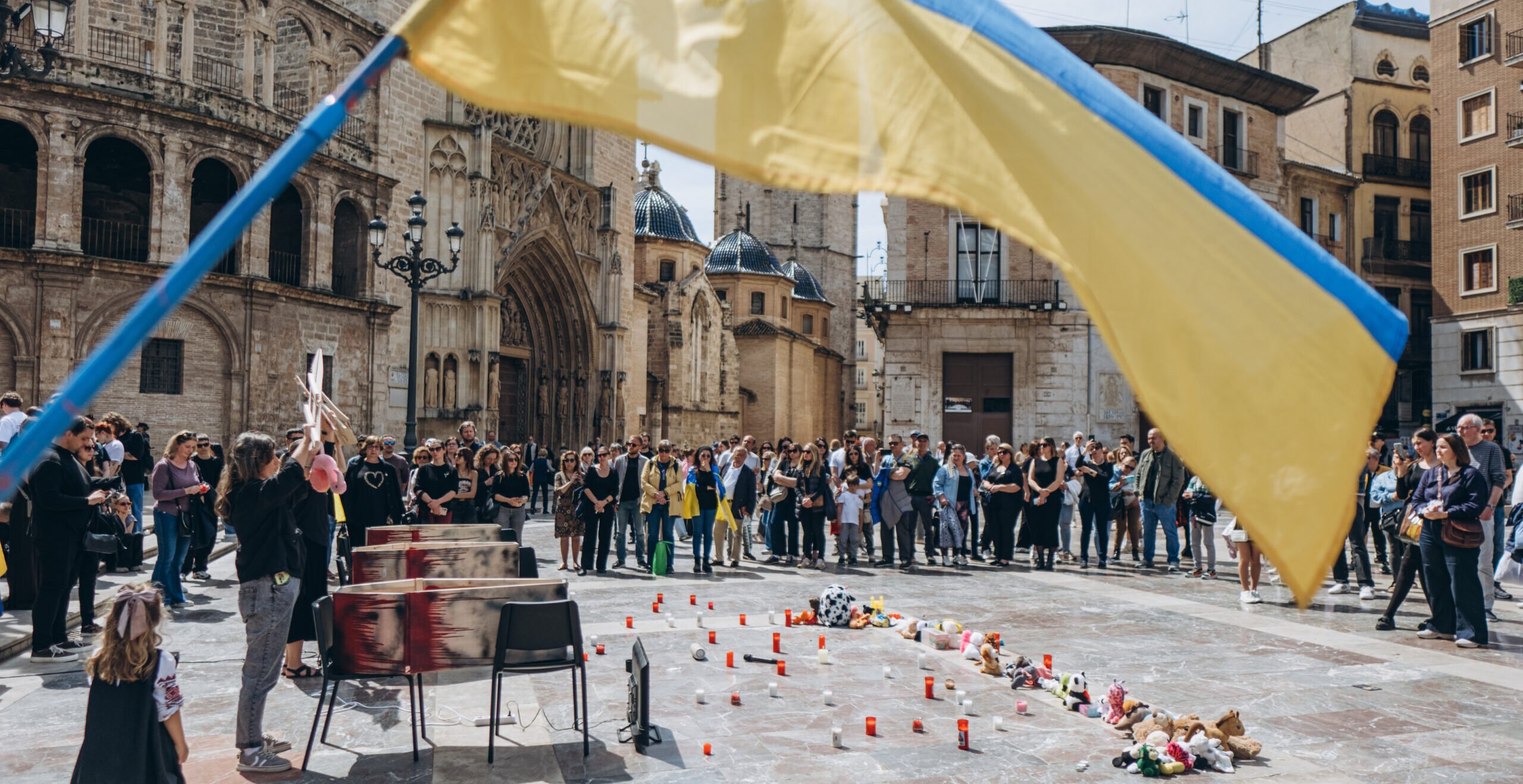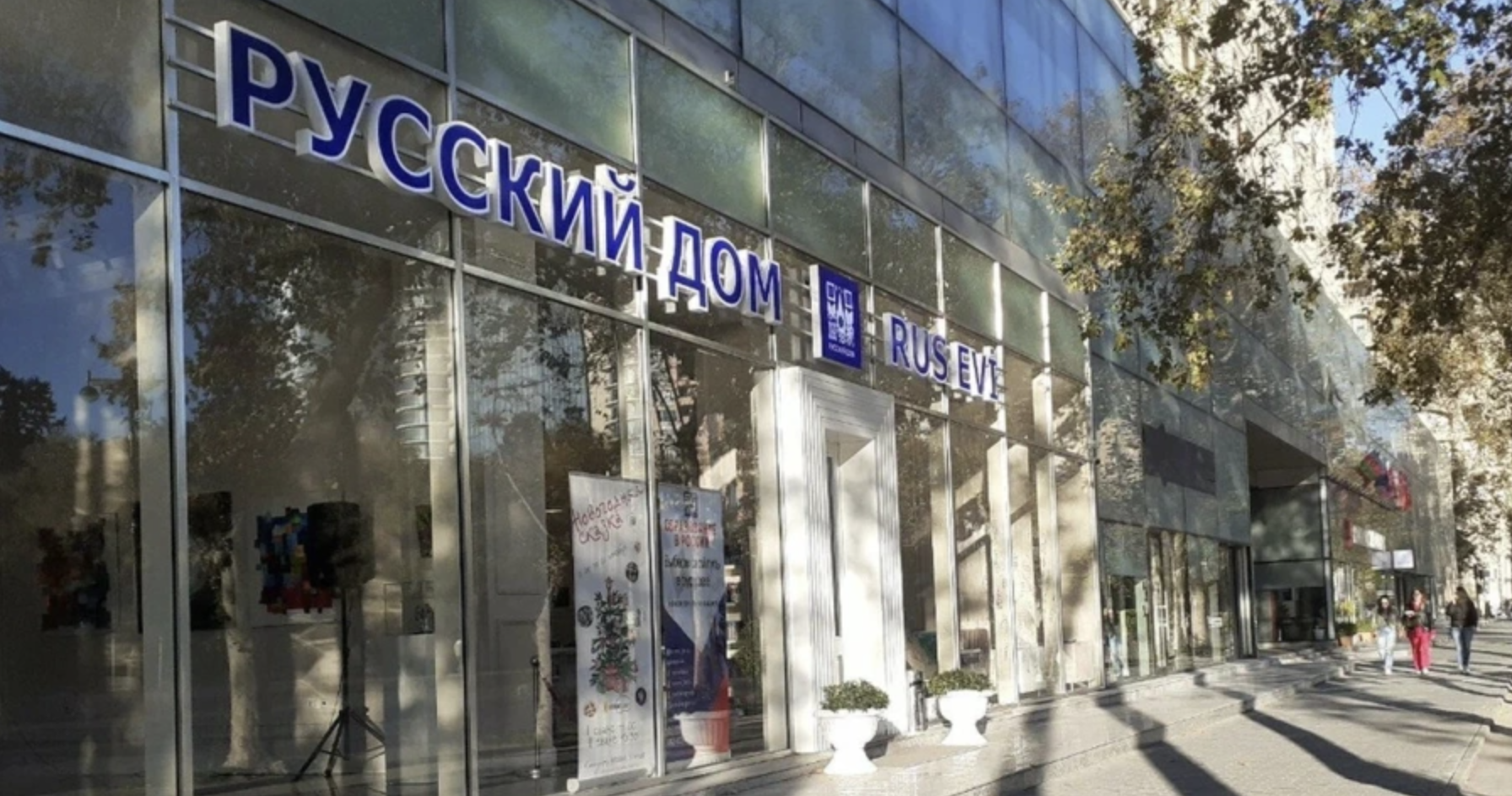
Baku has officially informed Russia about the closure of its soft power governmental agency that is considered a propaganda arm of the Kremlin.
The Russian Federal Agency’s Rossotrudnichestvo presence on its territory marks the end of Moscow’s main disinformation outfit in the country, according to the Report News Agency, citing anonymous sources.
“Azerbaijan remains steadfast in defending its national interests, clearly signaling that it will not tolerate any external interference in its internal affairs, no matter the source,” the dispatch said.
Azerbaijani authorities have already taken control of Rossotrudnichestvo’s headquarters in the country, specifically the Russian House, the Kremlin main soft power base in Baku.
“It has been revealed that the organization was not properly registered in Azerbaijan. The question of why it was allowed to operate without the necessary authorization is an issue that requires further investigation,” writes Minval, referencing anonymous sources.
Azerbaijan, as a donor country, does not require foreign assistance, the sources emphasize.
“Especially if that assistance is tied to opaque schemes or appears to involve intelligence activities,” they said.
Rossotrudnichestvo, established in 2008, was tasked with fostering relations between Russia and the Commonwealth of Independent States (CIS) countries, as well as supporting “compatriots abroad and humanitarian cooperation,” according to LIGA.net.
It’s office in Baku was opened in 2014.
“Among its objectives was the ‘formation of an objective understanding of modern Russia abroad,’” the article notes.
The propaganda agency operates in 80 countries and is directly overseen by the Russian president.
“In Ukraine, Rossotrudnichestvo’s branch, the Russian Center for Science and Culture in Kyiv, referred to Taras Shevchenko as a ‘Russian-Ukrainian’ poet,” journalists said.
In April 2021, Ukrainian President Volodymyr Zelenskyy imposed sanctions on Rossotrudnichestvo.
The European Union followed suit in 2022, citing the agency as a key tool for the Kremlin in projecting “soft power and hybrid influence,” particularly through the promotion of the “Russkiy Mir” (Russian World) concept.
Cover: open sources
